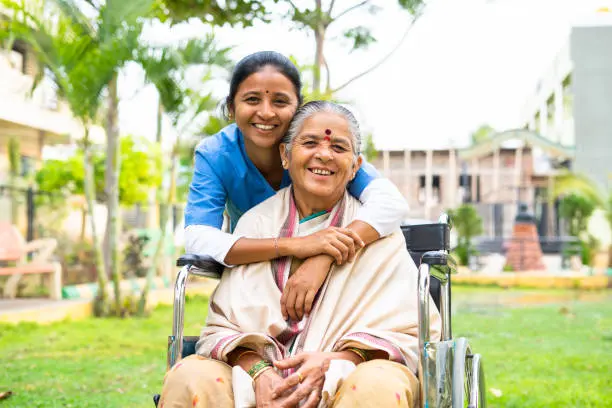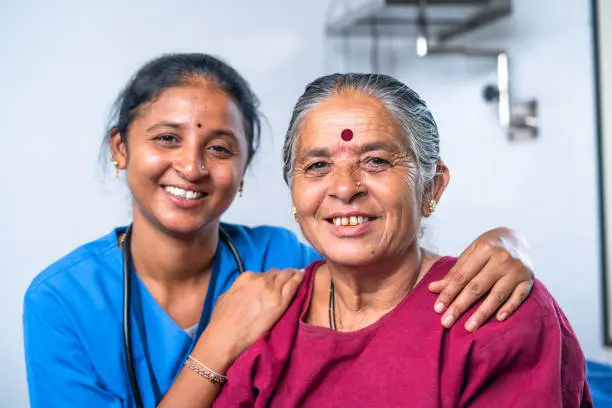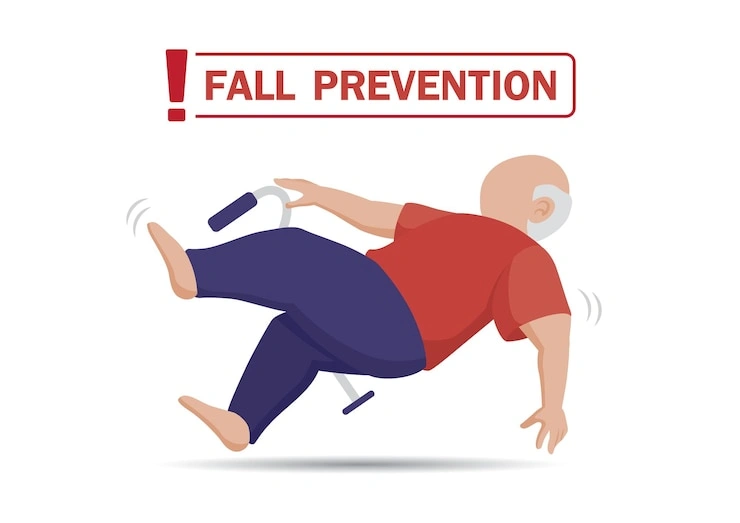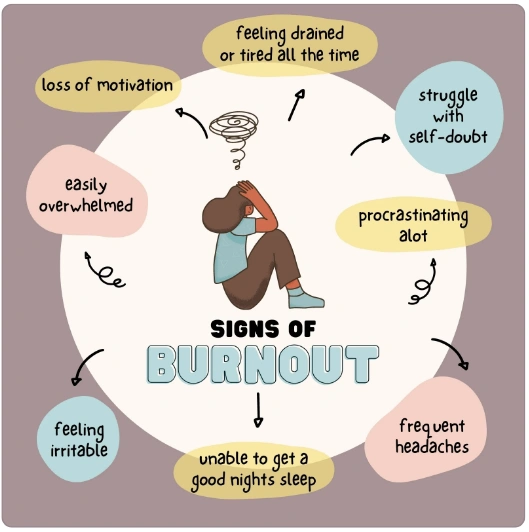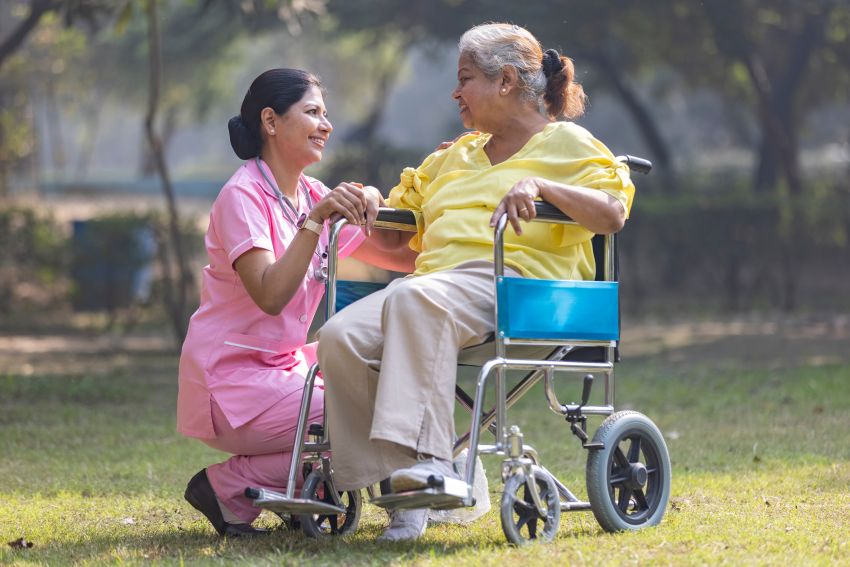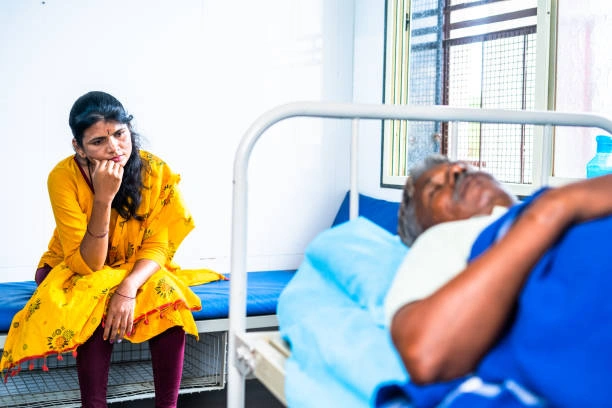Palliative Care for Seniors with End-Stage Renal Disease (ESRD): The Role of Caregivers
01-10-24
Palliative care for seniors with end-stage renal disease (ESRD) is an essential aspect of improving their quality of life. The role of caregivers in providing palliative care cannot be overstated. Palliative care is a multidisciplinary approach that addresses the physical, emotional, social, and spiritual needs of seniors with ESRD. The primary goal of palliative care is to improve the quality of life for seniors with ESRD by managing their symptoms, reducing their pain, and providing support to both patients and their families.
The role of caregivers in providing palliative care for seniors with ESRD is crucial. Caregivers are responsible for providing physical, emotional, and social support to seniors with ESRD. They also play a critical role in coordinating care between different healthcare providers, including doctors, nurses, and other specialists.
One of the most significant challenges for seniors with ESRD is managing their symptoms, including pain, nausea, and fatigue. Caregivers can help manage these symptoms by providing medication, ensuring that patients are taking their medication as prescribed, and monitoring side effects. Caregivers can also help seniors with ESRD manage their diet and fluid intake, which is critical in maintaining their health and preventing complications.
Another essential aspect of palliative care for seniors with ESRD is providing emotional support. Caregivers can provide emotional support by listening to patients, offering encouragement, and providing reassurance. They can also help patients with ESRD manage feelings of anxiety and depression, which are common among seniors with chronic illnesses.
Social support is also critical in palliative care for seniors with ESRD. Caregivers can help seniors with ESRD stay connected with their family and friends, participate in social activities, and maintain their sense of independence. This can help improve their quality of life and overall well-being. Know more about the initial signs of urinary incontinence from our experts.
Finally, caregivers play a crucial role in coordinating care between different healthcare providers. They can help ensure that patients with ESRD receive the appropriate care and treatment, including dialysis, medication management, and other medical procedures.
In conclusion, palliative care for seniors with end-stage renal disease (ESRD) is a critical aspect of improving their quality of life. Caregivers play a crucial role in providing physical, emotional, and social support to seniors with ESRD. They also help coordinate care between different healthcare providers, ensuring that patients receive the appropriate care and treatment. By working together, caregivers and healthcare providers can help seniors with ESRD live with dignity and comfort, even in the face of a life-limiting illness. Whether you are searching for informative articles or looking for qualified caregivers or healthcare providers, Healthywrinkles is an excellent resource for all your senior care needs.
